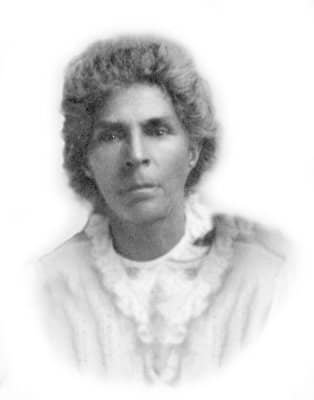(BPRW) Addressing the Healthcare Crisis in America: Insights from Mary Hayden, a Mountain Medicine Woman. Authored by Regina Lynch-Hudson, a contribution to Black PR Wire. (Black PR Wire) As news reports highlight the growing disparities in America’s healthcare system, National Women’s Health Week (May 12–18) urges us to acknowledge the vital contributions of women who have historically supported their communities as caretakers, birth workers, herbalists, and healers. One notable figure is my great-great-grandmother, Mary Louisa Stepp Burnette Hayden (1863–1956), whose dedication to health in the Appalachian South showcases the often-ignored brilliance of women-led healthcare practices. As a skilled healer, caregiver, herbalist, and midwife, Hayden exemplified the preventive health approach that is becoming less prioritized in contemporary medicine. Her legacy offers important perspectives on how traditional, community-centered healing practices can shape the future of healthcare in the United States. Born into slavery prior to the Civil War, Hayden lived and worked in the Appalachian Mountains, specifically in the area now known as the Swannanoa Valley, east of Asheville, NC. Her deep knowledge of herbal medicine and holistic health was based on traditional wisdom handed down from her ancestors. As midwifery faced more regulations in the 1920s, she was one of the earliest African American women acknowledged by the Buncombe County Health Department as a licensed midwife. Hayden is not just an interesting historical figure; her methods provide valuable options in a current landscape where countless American women encounter increasing obstacles to accessing healthcare. Her approach to care acts as a guide for connecting with underserved populations, especially as we face difficulties in accessing healthcare in the 21st century. From Home to Hospitals. During the mid-20th century, as Americans moved from countryside living to city life, traditional community healers faded away and were supplanted by corporate healthcare systems that prioritized treatment over preventive care.



